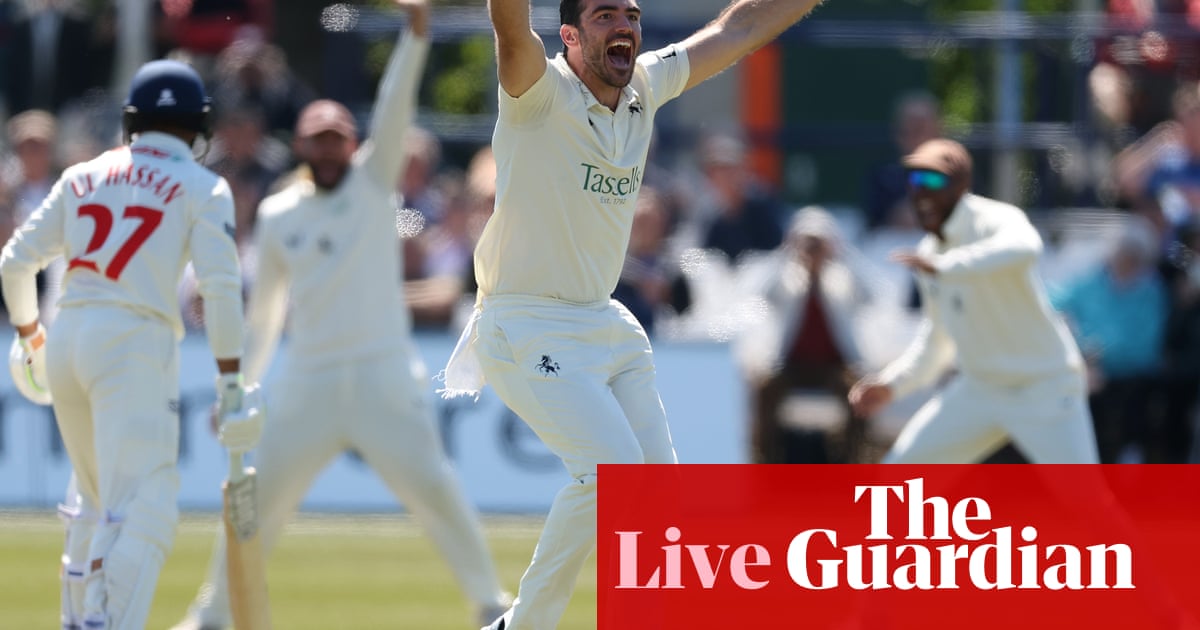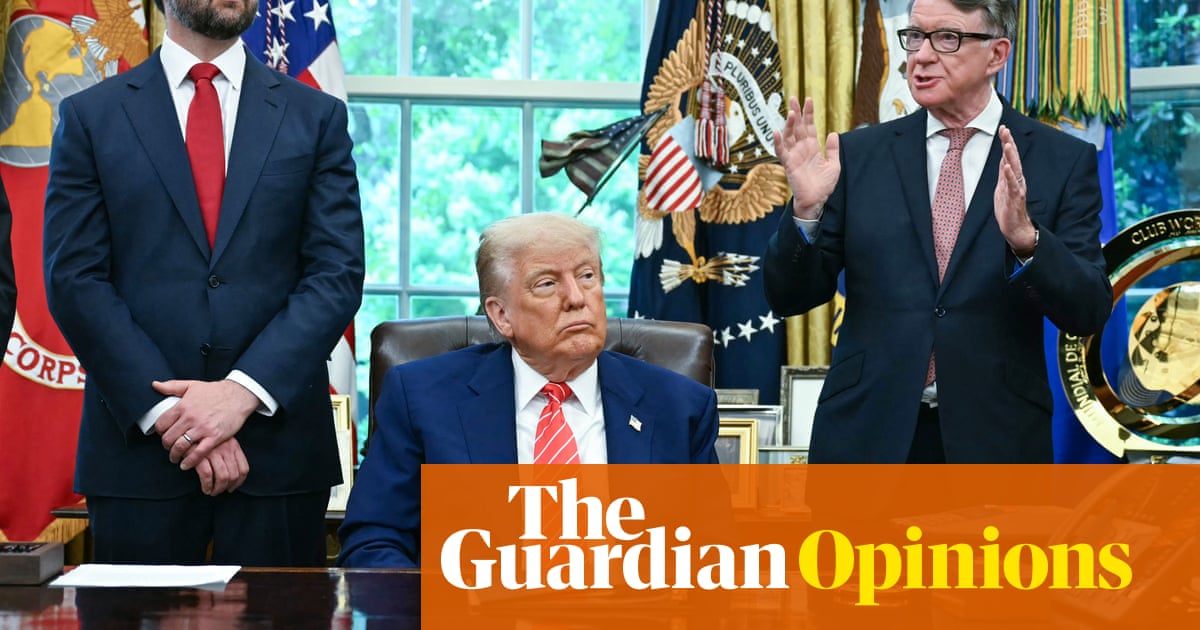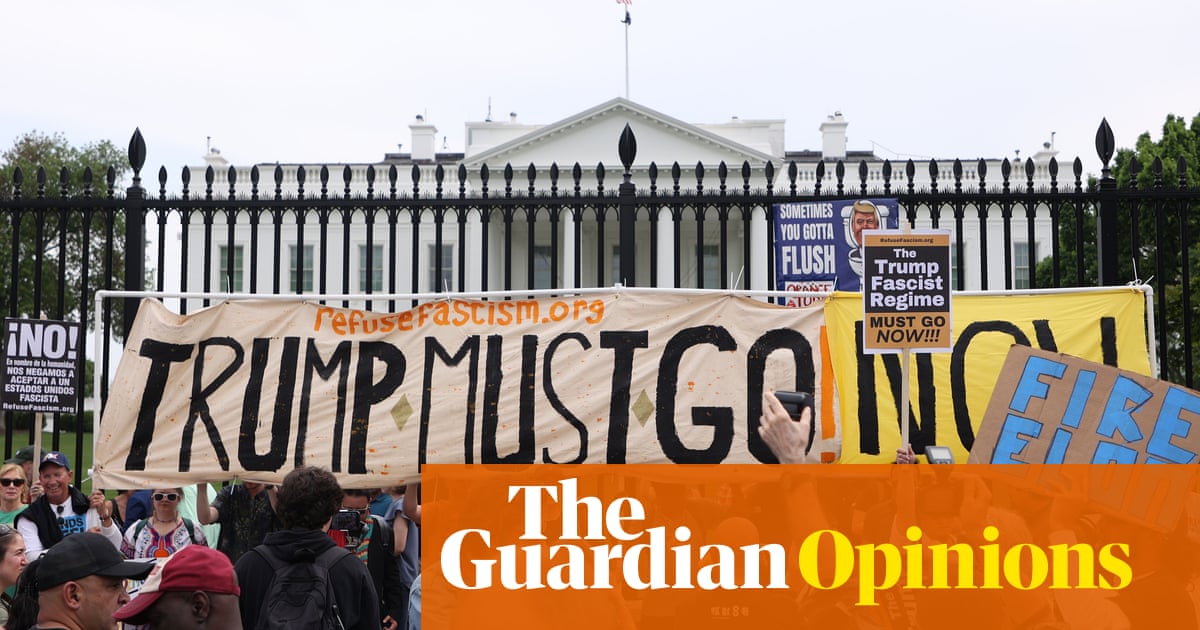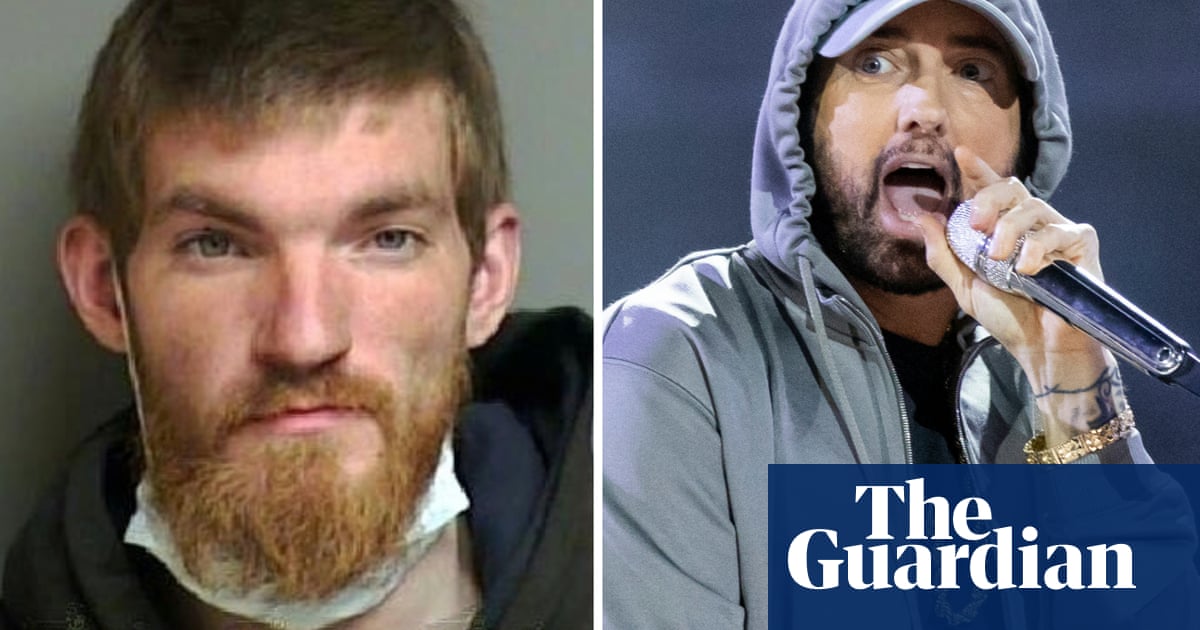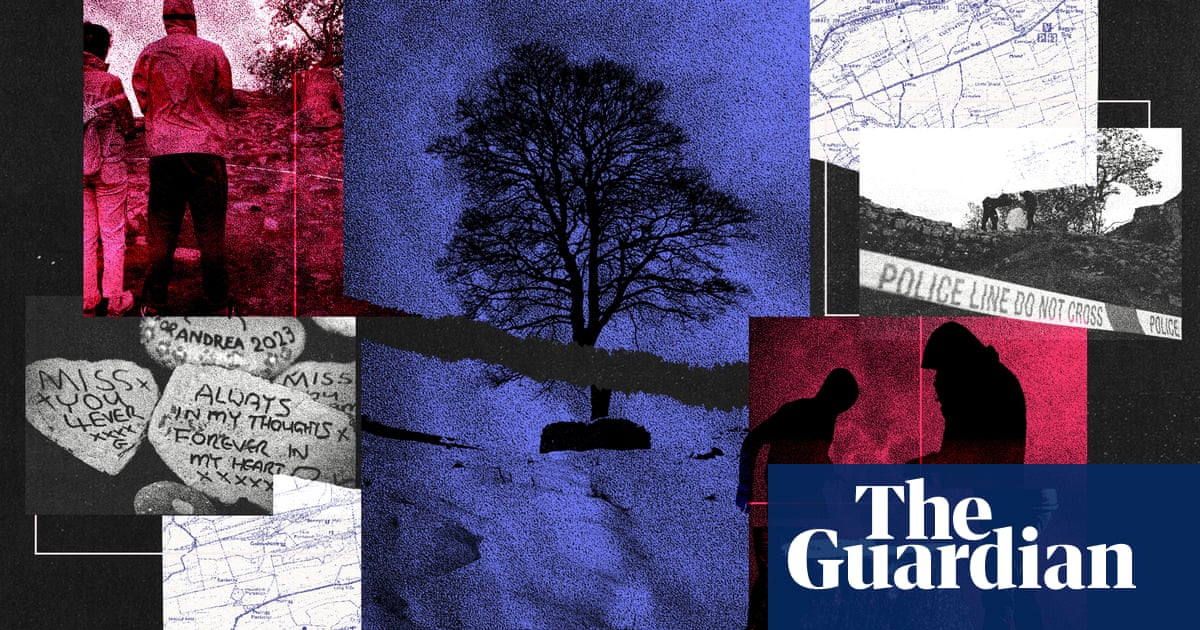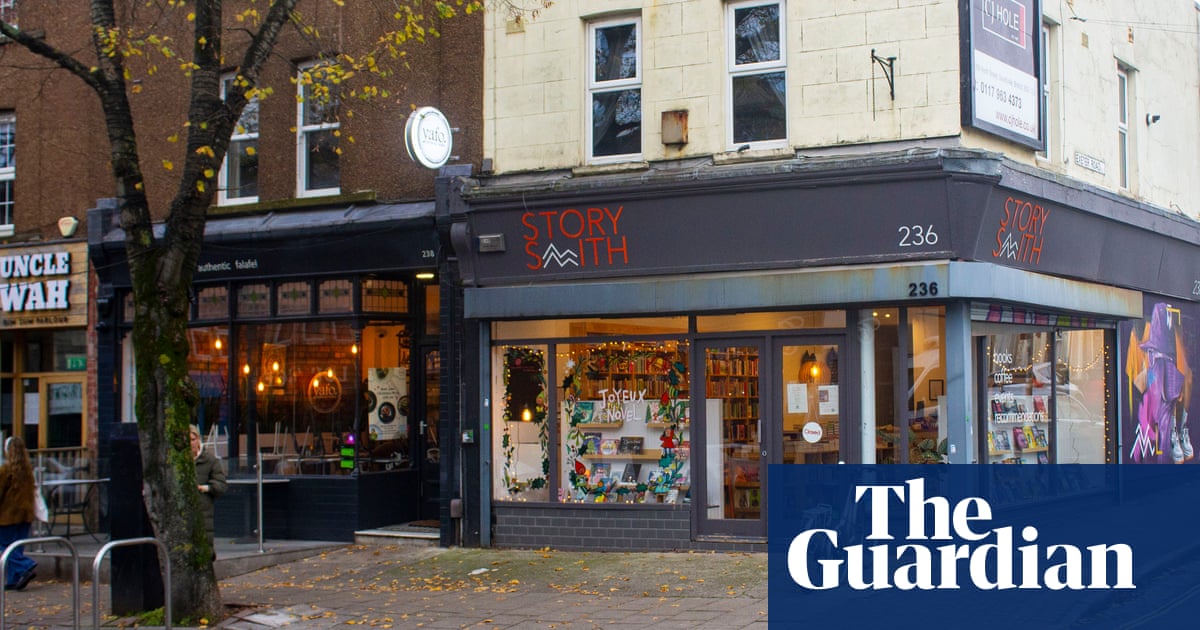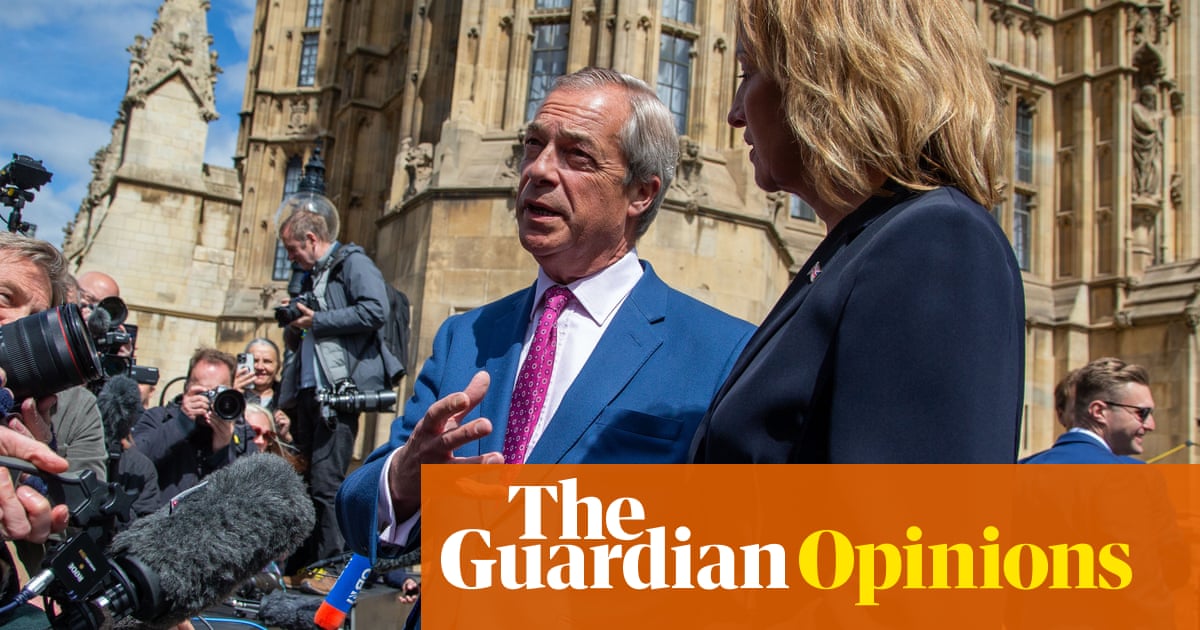Kings and queens, presidents, prime ministers and dignitaries from 54 countries will assemble at Auschwitz on Monday to mark the 80th anniversary of the death camp’s liberation, but the world’s focus will be firmly on its few remaining survivors.
About 50 former inmates are expected to attend the ceremony at the complex in southern Poland where Nazi Germany murdered more than a million people, most of them Jews, but also Poles, Roma and Sinti, Soviet prisoners of war and gay people.
An audience including Britain’s King Charles III, King Felipe VI of Spain and King Willem-Alexander of the Netherlands, as well as France’s president, Emmanuel Macron, and the German chancellor, Olaf Scholz, will hear their voices.
“This year, we are focusing on the survivors and their message,” said Pawel Sawicki, the Auschwitz museum spokesperson. “We all know that for the 90th anniversary, it will not be possible to have a large group. There will not be any speeches by politicians.”
Besides the survivors, only Piotr Cywiński, the director of the Auschwitz-Birkenau state museum and memorial, and Ronald Lauder, the president of the World Jewish Congress, representing key donors, are due to speak during the 90-minute ceremony.
The commemoration has added significance not just because most survivors are in their 90s and will not be able to tell their stories for much longer, but because today’s continuing wars, and increasingly polarised politics, make their testimony as vital as ever.
Nazi German authorities established the Auschwitz concentration camp in 1940 in former barracks in the Polish town of Oświęcim, using it at first to hold Polish prisoners, including Catholic priests and members of the resistance.
They later established about 40 other camps in the area, including Birkenau, used for mass killings in gas chambers. Of the estimated 1.3 million people sent to the site from 1940 to 1945, about 1.1 million were murdered there, 1 million of them Jews.
Auschwitz-Birkenau has become an abiding symbol of Nazi Germany’s genocide of 6 million European Jews, looming large in the world’s collective memory as the embodiment of where hatred, racism and antisemitism can lead.
On 17 January 1945, as Soviet troops advanced, the paramilitary SS forced 60,000 emaciated prisoners to walk west in what became known as the Death March, and over the following days the Birkenau gas chambers and crematoria were blown up.
On 27 January, Soviet troops arrived, finding 7,000 survivors. Boris Polevoy, a correspondent for the Soviet newspaper Pravda, said: “I saw people so thin that they swayed like branches in the wind, people whose ages one could not possibly guess.”
The UN has designated the day Auschwitz was liberated as Holocaust Memorial Day and the site is now a Polish state museum and memorial charged with preserving the memory of what happened there. In 2024, more than 1.83 million people visited it.
The Nazis left behind the “Arbeit Macht Frei” (work will set you free) gate as well as barracks, watchtowers, the remains of the gas chambers and the hair and personal belongings – shoes, suitcases, toothbrushes – of many of the people killed there.
If Auschwitz emerged as the leading symbol of the Holocaust, it was also because it was a forced labour camp and a relatively large number of its inmates lived to tell their stories. Eighty years on, however, only an estimated 1,000 survive.
after newsletter promotion
While Germany, Austria, which was annexed by Germany in 1938, and Italy, whose dictator Benito Mussolini formed an alliance with Hitler, will all be represented at the ceremony, Russia, which had attended the annual event until 2022, will not.
Cywiński, a historian, said this month it was “inconceivable” that after Vladimir Putin’s full-scale invasion of Ukraine “a country that does not understand the value of liberty has something to do at a ceremony dedicated to the liberation” of Auschwitz.
The war between Israel and Hamas in Gaza also sparked controversy over whether Israel’s prime minister, Benjamin Netanyahu, the subject of an international arrest warrant on suspicion of crimes against humanity and war crimes, might attend.
After a request from the Polish president, Andrzej Duda, the Polish government confirmed last month that it would not arrest Netanyahu if he were to come, but Israel is due to be represented at the event by its education minister, Yoav Kisch.
Cywiński has said present-day populist politics, and hate speech on social media, pose a “huge threat” to contemporary society and the museum is working on strategies for teaching about the Holocaust when the last survivors have gone.
A recent eight-country survey of the US, UK, France, Austria, Germany, Poland, Hungary and Romania found that majorities in all except Romania believed that something like the Holocaust could happen again.
Nevertheless, up to a fifth of respondents, especially young adults, believed the numbers of Jews killed had been exaggerated. Significant portions of 18- to 29-year-olds – 46% in France – said they had not heard, or did not think they had heard, of the Holocaust.

.png) 3 months ago
34
3 months ago
34
